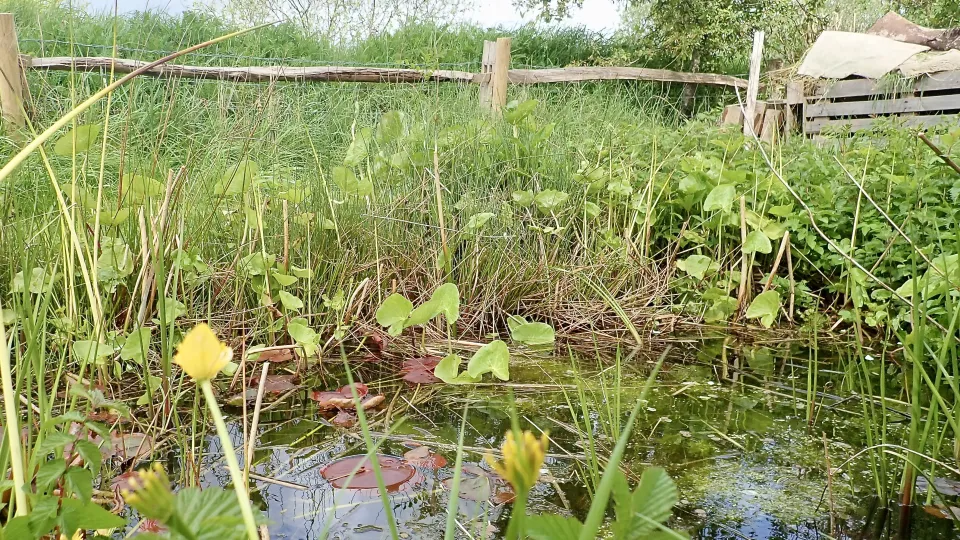
Dragons in your garden
Shy reptiles have a real sense of the wild about them, but did you know they can be found in many garden settings?

Shy reptiles have a real sense of the wild about them, but did you know they can be found in many garden settings?
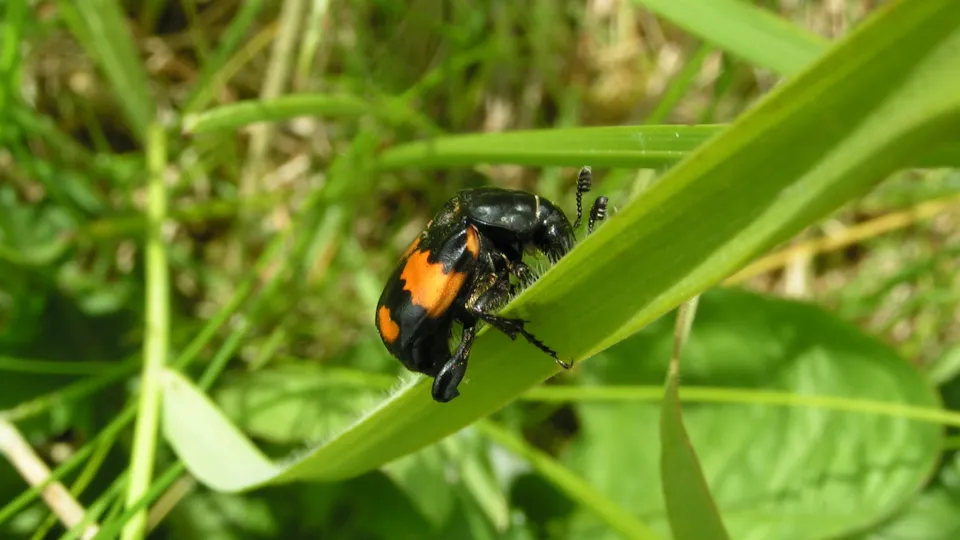
The UK has over 20,000 species of insect, but their numbers are declining sharply. As we gear up to take ‘Action for Insects’, science communicator David Urry looks at why we should care.
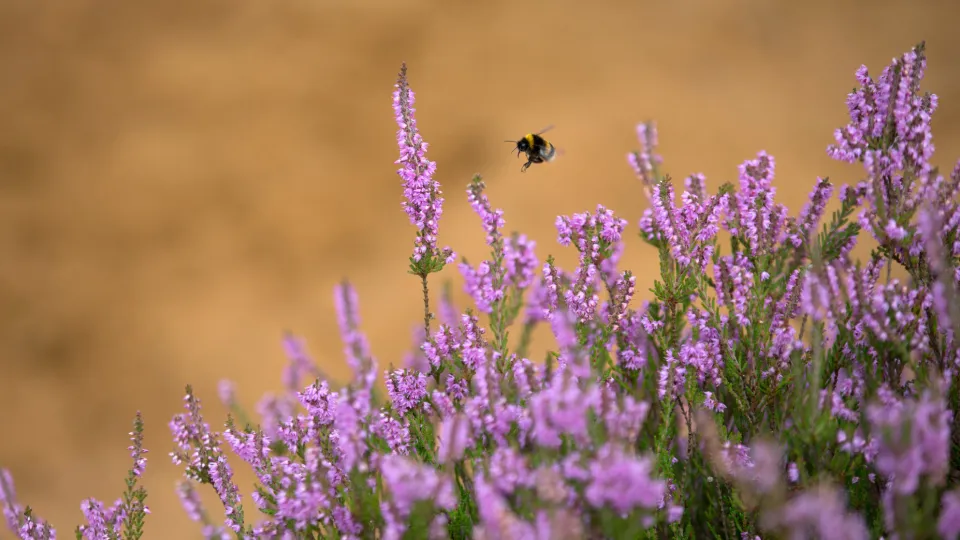
Dave Goulson is a Professor at the University of Sussex and studies the ecology, behaviour and conservation of bumblebees. He is also interested in pollinators and pollination more generally, and particularly in the sustainable management of pollinators in agro-ecosystems
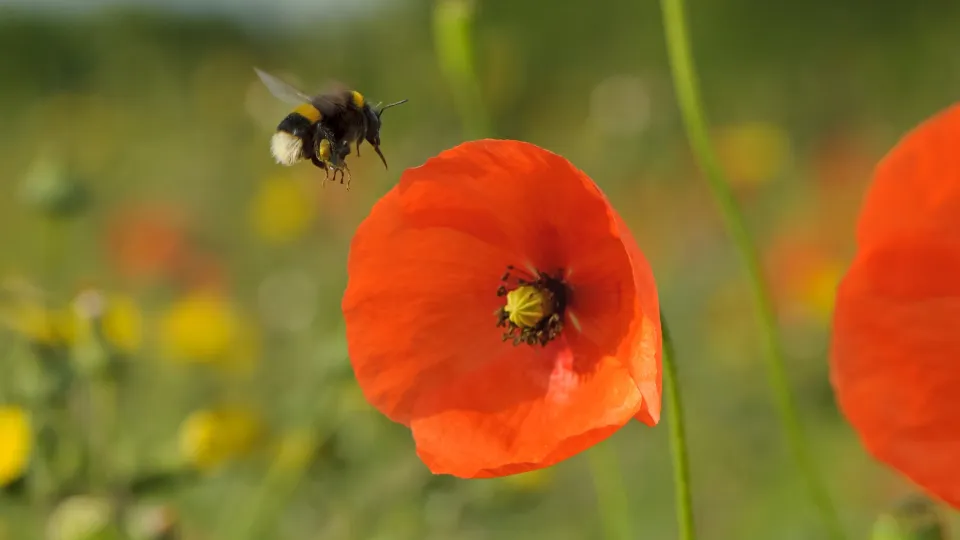
Insects may be small, but they are vitally important to life on our planet, helping our ecosystems to thrive. Here we explore the wonderful world of these fascinating creatures.
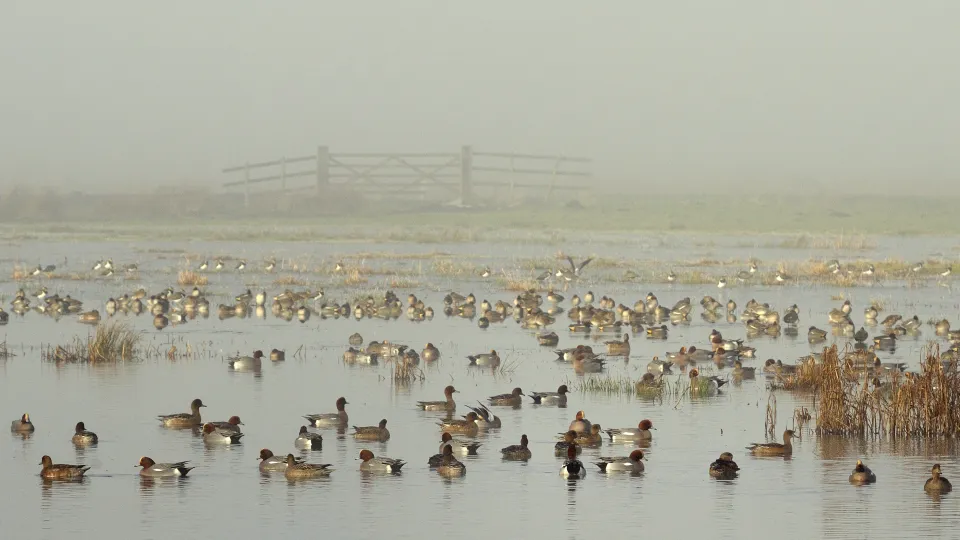
Here's a helpful guide to help you identify dabbling ducks this winter.
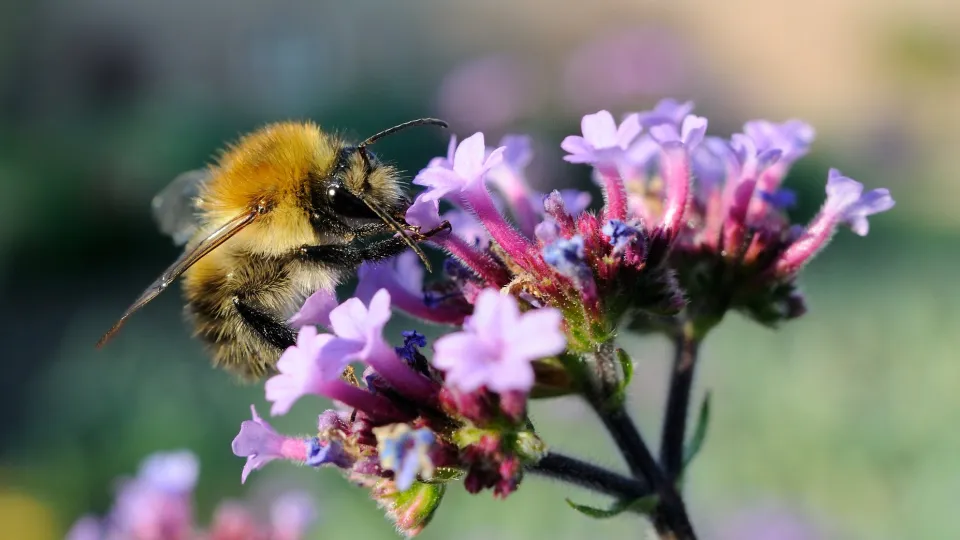
#BeesNeeds week is a campaign to help raise awareness of bees (and other pollinators), as we rely on them to pollinate most of our fruit and vegetables. But our bees are under threat, and without them so is our environment, food and economy. Here are 10 interesting facts and ways you can do your bit to help the bees.
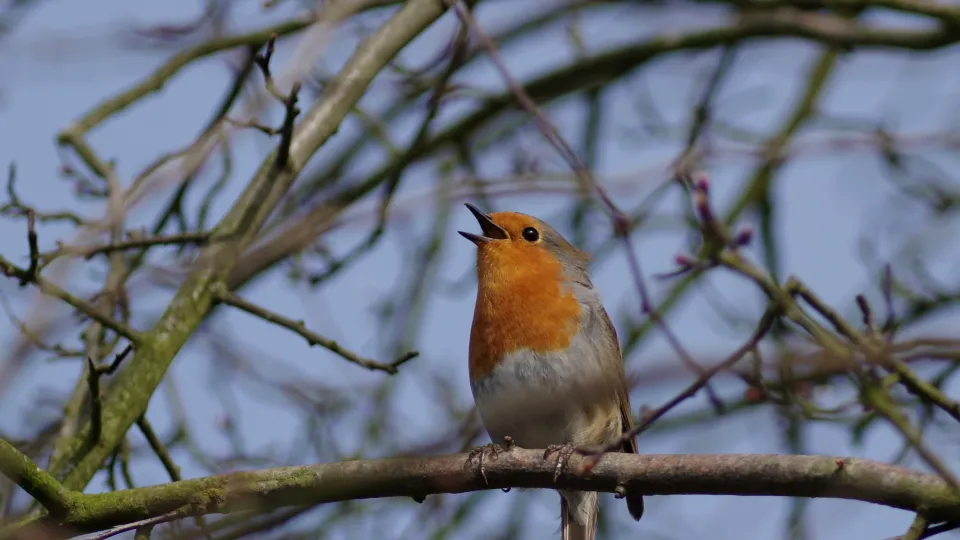
When you think of wildlife at Christmas, you'll most likely find the robin popping into your head. Most people will certainly think of robins as the bird of the season, but how much do you know about them? We've put together 10 fun facts about our red-breasted friends that you may not have known...
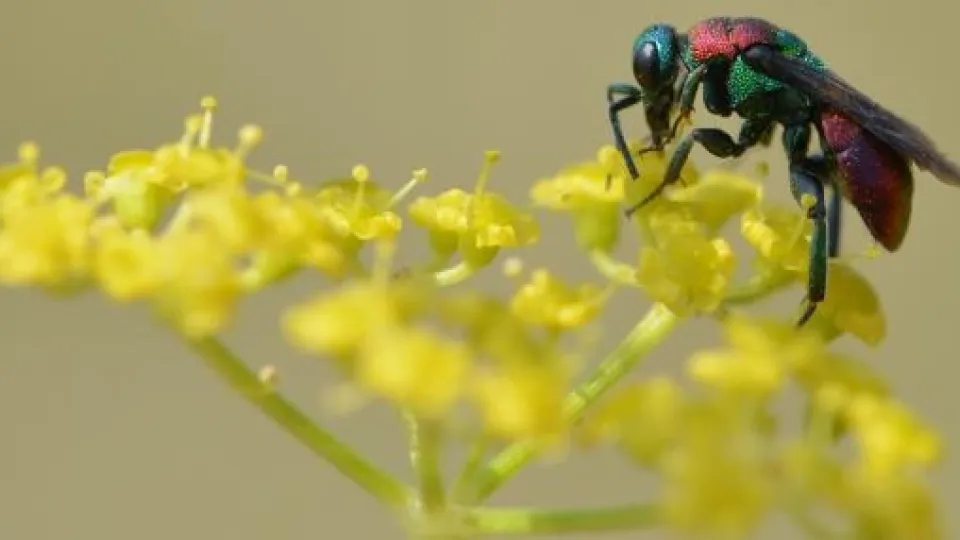
This jewel wasp is a species new to Britain and new to Kent, found on our reserves and most likely enabled by a changing climate – we always think of climate change as bad, but as species are pushed out of their continental range and expand north, they have to find stepping stones of habitat further north or go extinct. We are going to lose species to climate change, but also gain them.
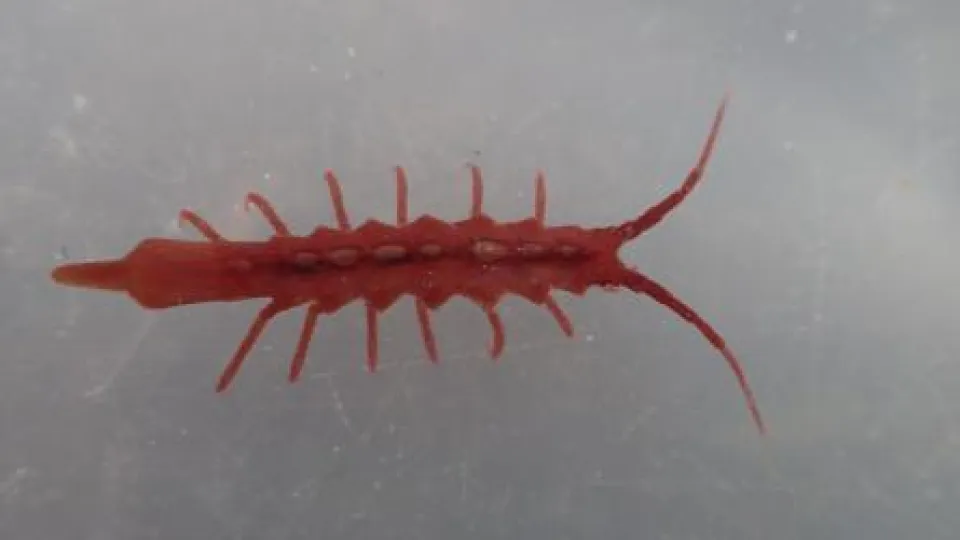
Fiona White, our Marine Officer, writes about an exiting discovery in our country's coasts. A species never before recorded in Kent has been found by a Kent Wildlife Trust volunteer Seasearcher, whilst diving in the newly designated Folkestone Pomerania Marine Conservation Zone.
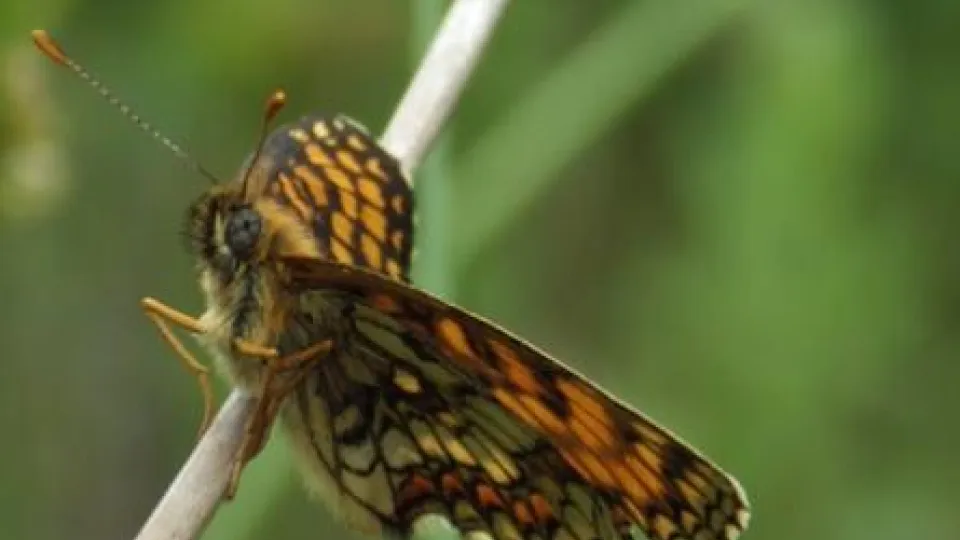
Carrying out a butterfly transect each week provides a wonderful opportunity to follow the fate of these beautiful insects throughout their flight period. Find out more about Butterfly Transects with Ian Blomfield, our Volunteer Butterfly Surveyor.